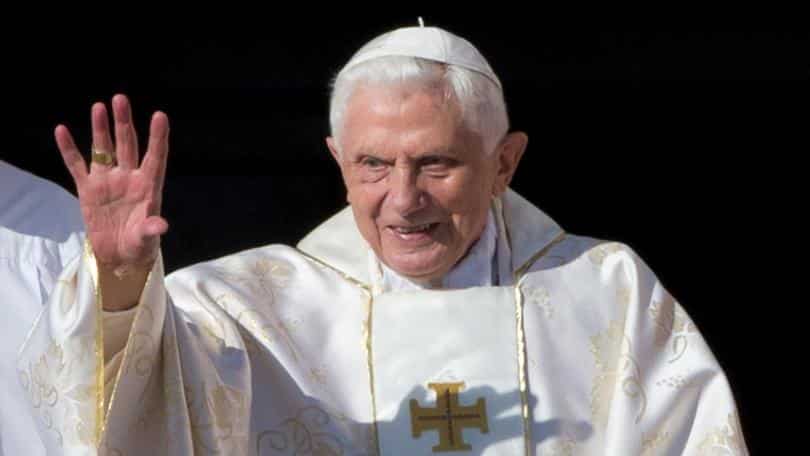Former Pope Benedict XVI, the first pope to resign in 600 years, passed away on Saturday at 95 in the Mater Ecclesiae Monastery in the Vatican, according to a written statement from a spokesman for the Holy See.
Benedict left behind a Catholic Church divided between conservatives and progressives, and he struggled to lead the Church during his eight-year reign. Benedict was known for his good relations with his successor, Pope Francis, but his presence within the Vatican after he stepped down in 2013 further polarised the Church ideologically.
Benedict was a piano-playing professor and formidable theologian. Still, by his admission, he was a weak leader who struggled to impose himself on the opaque Vatican bureaucracy and stumbled from crisis to crisis during his reign. Despite his challenges, Benedict repeatedly apologized for the Church’s failure to address sexual abuse by clergy, and he was the first pope to take serious action against abuse. However, the efforts failed to halt a rapid decline in church attendance in the West, especially in Europe.
Controversies and confusion marked Benedict’s legacy. Before formally stepping down, he and his aides unilaterally chose the title “pope emeritus” and decided to continue wearing a white cassock, albeit slightly modified. Some in the Church balked at this decision, saying he left his successor’s hands tied. Benedict moved into a converted convent on the Vatican grounds after the election of Pope Francis in 2013. He spent his final years in prayer, reading, playing the piano and receiving friends.
Although he said he would remain “hidden from the world,” Benedict did not live up to that promise, and, in retirement, his writings sometimes caused controversy and confusion. He blamed the crisis over the abuse of children by priests on the effect of the 1960s sexual revolution in an essay for a Church magazine in Germany in 2019, which led to accusations of trying to shift the blame away from the hierarchy of the institutional Church. This caused some controversy, but it rallied conservatives to his defense.
Benedict will be remembered for shocking the world on Feb. 11, 2013, when he announced in Latin that he was resigning, telling cardinals he was too old and frail to lead an institution with more than 1.3 billion members. The Seat of St Peter was declared vacant on Feb. 28, 2013, when Benedict took up residence at the papal summer retreat at Castelgandolfo, south of Rome, while cardinals from around the world gathered in the Vatican to choose his successor.
Benedict’s retirement caused debate over the status of future pontiffs who resigned, leading to calls for clear rules. In January 2020, confusion over Benedict’s role came to a head over the extent of his involvement in a book written by a conservative cardinal that some saw as an attempt to influence a document Pope Francis was preparing. This led to Francis dismissing Archbishop Georg Ganswein, Benedict’s secretary, from a top Vatican job, and his role as a middleman between Benedict and the cardinal was unclear, with many believing he had misled Benedict, the cardinal, or both. This episode brought calls by some Vatican officials for clear rules about the status of any future pontiff who resigns.
Controversies and challenges marked Benedict’s papacy, but his legacy and impact on the Catholic Church cannot be overlooked. Despite his struggles, Benedict was a respected theologian and leader who took serious action against sexual abuse in the Church. Unfortunately, his passing marks the end of an era for the Catholic Church.






